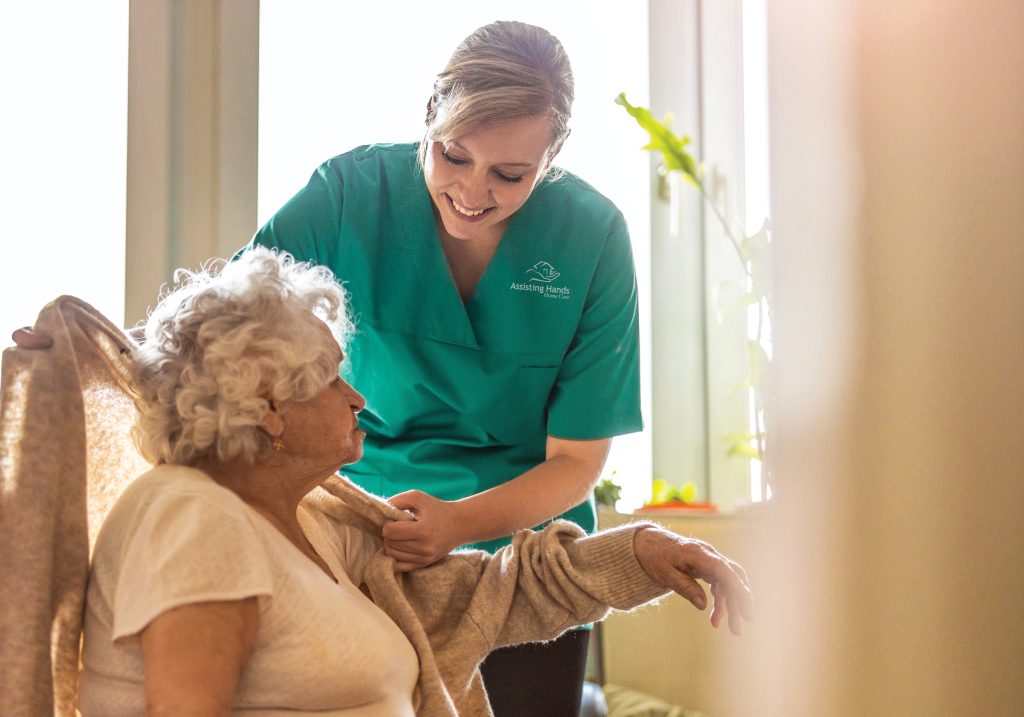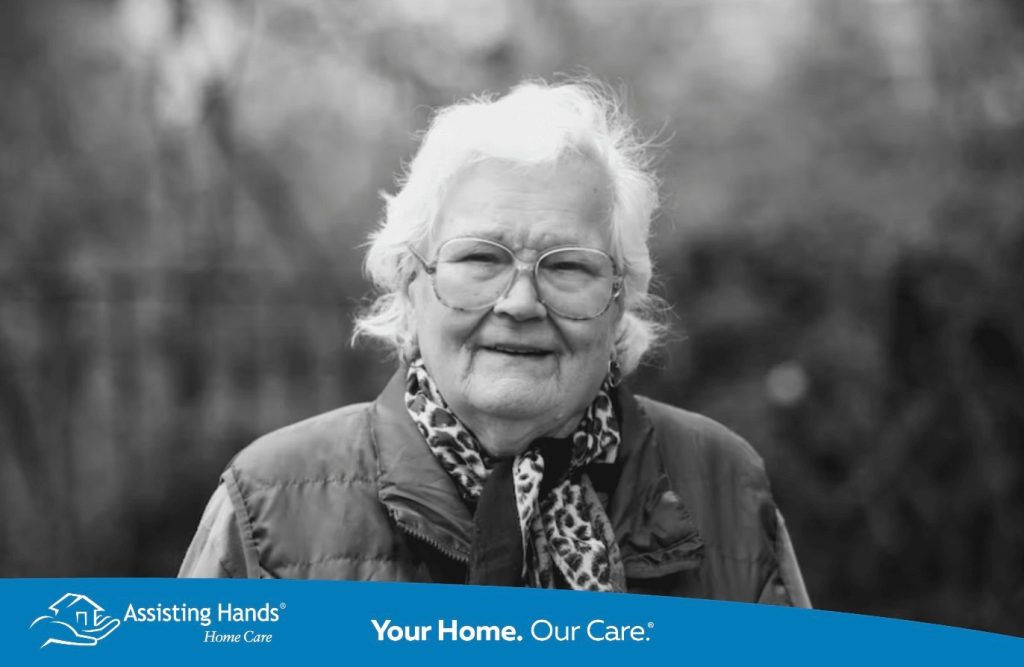

Nearly 13 million older adults are hospitalized annually due to various health reasons. Recovery can take days, weeks, or months. Seniors oftentimes spend time at home during the recovery phase. Quality in-home care eases this transition from the hospital back home.
What are common reasons for hospitalization?
Hospital admissions in the senior population may be due to a number of causes. Leading reasons that aging adults go to the hospital include cardiac arrhythmias, which can cause a drop in blood pressure, as well as chronic obstructive pulmonary disease, diabetes, and infections.
Congestive heart failure was responsible for sending 751,000 older adults to the hospital in 2009. Almost the same number were hospitalized for coronary atherosclerosis. Pneumonia, stroke, Covid-19, and medication problems also send hundreds of thousands of elderly people to the hospital each year.
How does hospitalization affect the elderly?
A hospital stay can cause mental and physical deterioration in aging patients. The decline occurs despite having recovered from the original injury or illness that sent them there. More than half of adults aged 85 or over are in worse condition after the hospital stay than before they arrived.
Lasting damage results from disrupted sleep within noisy wards, the prescriptions of potentially harmful medications, meals that are less than nourishing, and being constricted to the hospital bed with oxygen tanks or IV poles. An elderly person’s pain might also be inadequately addressed.
For seniors who are already weakened by chronic ailments or multiple medications, a hospital stay can dramatically reduce their ability to carry out tasks independently. But in-home care can be a lifesaver. Caregivers are invaluable in helping seniors return to some level of independence and normalcy.
How does in-home care facilitate the hospital-to-home transition?
Following a hospital stay, older adults often require rehabilitation services, mobility assistance, skilled nursing services, and medication management. While a hospital can fulfill these needs, patients can receive this care in the comfort of the home environment. Hiring post-hospitalization care helps.
- Follow discharge plans
Attentive in-home care after a hospital stay significantly decreases the risks of the senior returning to the hospital due to complications experienced after discharge. Caregivers who aim to avert this scenario listen carefully to and follow discharge instructions given by hospital staff.
- Give medication reminders
Medication errors are a common reason elderly patients return to the hospital. Professional caregivers, however, are instrumental in preventing this outcome. They provide timely medication reminders, ensuring the aging care recipient takes the right pills and in the correct dosages.
- Provide transportation to appointments
Follow-up appointments with medical professionals are usually scheduled. In-home caregivers provide reliable transportation from the senior’s home to the doctor’s office, accompanying them throughout the outing to promote safety. The physician then ensures the elderly patient’s recovery is on track.
- Prepare healthy meals
Malnutrition is another adverse outcome of a hospital stay. As mentioned, hospital food is rarely satisfying, and the senior is likely to have eaten less nutritiously. In-home care providers, however, prepare balanced meals, help them eat and ensure proper hydration—which speeds up healing.
If a strict diet is prescribed by the hospital’s medical team, in-home caregivers adhere to the dietary plan. Caregiving professionals shop for fresh foods and prepare meals that are in accordance with the care recipient’s nutrition plan. They socialize with the senior during meals to encourage eating.
- Schedule exercise
Deconditioning occurs after prolonged bed rest, such as when the senior lies in the hospital bed. The aging body loses muscle strength, which impairs physical abilities. If medically advised, caregivers schedule gentle exercises at home, such as walks, to help the senior regain physical strength.
- Help with daily activities
Seniors recovering from a hospital stay may need help with the activities of daily living, such as bathing, dressing, or general household tasks. In-home care is especially useful. Professional caregivers provide discreet assistance with hygiene tasks and keep the home clean with light household chores.
While the need for extra support at home after discharge is expected, families should learn from the hospital what activities their aging loved one should do on their own. Being unable to do certain activities can be a sign of worsening health. Professional caregivers permit independence when it is safe.
- Provide transfer assistance
Mobility and transfer assistance are additional areas where in-home caregivers are invaluable. Seniors who have recently left the hospital may need a caregiver’s help to turn in bed, get up from a chair, or sit up in bed. A trained professional’s assistance keeps aging seniors comfortable during recovery.
- Reintroduce routines
Older adults thrive in routine. However, a hospital stay can disrupt their daily schedules and wreak havoc for these elderly individuals. Compassionate in-home caregivers are aware of the importance of gradually reintroducing routines at home and within the recovery requirements.

Call Assisting Hands After Hospital Discharge
Families are advised to not underestimate the importance of focused in-home care when transitioning from the hospital back home. Advanced planning, such as hiring senior home care from Assisting Hands Home Care, is recommended to provide vital support and reduce their risk of re-hospitalization.
When your aging loved one is preparing for an upcoming hospital stay, enlist the help of our professional caregivers. We promote the health, comfort, and safety of elderly care recipients at home by providing a wide range of non-medical after-surgery care services.
While we offer all the essential care outlined above, Assisting Hands Home Care goes a step further to fulfill the emotional needs of our care recipients. Professional caregivers serve as friendly companions to reduce the isolation and loneliness often felt by seniors on bed rest or who become homebound.
The constant supervision and compassionate non-medical care provided by Assisting Hands Home Care give our elder care recipients a higher chance for a healthy recovery. We serve the 24/7 home care and respite care needs of seniors in Las Vegas, Nevada, and the surrounding areas.
Call us at (725) 696-9942 today to schedule a free in-home consult.
